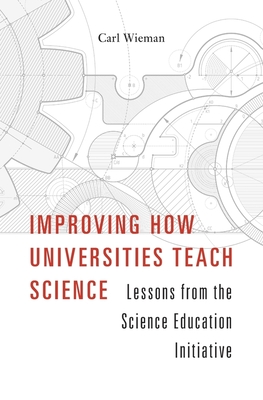Expedite your nonfiction book discovery process with Readara interviews, summaries and recommendations, Broaden your knowledge and gain insights from leading experts and scholars
In-depth, hour-long interviews with notable nonfiction authors, Gain new perspectives and ideas from the writer’s expertise and research, Valuable resource for readers and researchers
Optimize your book discovery process, Four-to eight-page summaries prepared by subject matter experts, Quickly review the book’s central messages and range of content
Books are handpicked covering a wide range of important categories and topics, Selected authors are subject experts, field professionals, or distinguished academics
Our editorial team includes books offering insights, unique views and researched-narratives in categories, Trade shows and book fairs, Book signings and in person author talks,Webinars and online events
Connect with editors and designers,Discover PR & marketing services providers, Source printers and related service providers

Improving How Universities Teach Science: Lessons from the Science Education Initiative
Education > Teaching Methods & Materials - Science & Technology
- Harvard University Press
- Hardcover
- 9780674972070
- 9.3 X 6.1 X 1.1 inches
- 1.36 pounds
- Education > Teaching Methods & Materials - Science & Technology
- (Single Author) Asian American
- English
Readara.com
Book Description
Too many universities remain wedded to outmoded ways of teaching science in spite of extensive research showing that there are much more effective methods. Too few departments ask whether what happens in their lecture halls is effective at helping students to learn and how they can encourage their faculty to teach better. But real change is possible, and Carl Wieman shows us how it can be brought about.
Improving How Universities Teach Science draws on Wieman's unparalleled experience to provide a blueprint for educators seeking sustainable improvements in science teaching. Wieman created the Science Education Initiative (SEI), a program implemented across thirteen science departments at the universities of Colorado and British Columbia, to support the widespread adoption of the best research-based approaches to science teaching. The program's data show that in the most successful departments 90 percent of faculty adopted better methods. Wieman identifies what factors helped and hindered the adoption of good teaching methods. He also gives detailed, effective, and tested strategies for departments and institutions to measure and improve the quality of their teaching while limiting the demands on faculty time.
Among all of the commentary addressing shortcomings in higher education, Wieman's lessons on improving teaching and learning stand out. His analysis and solutions are not limited to just one lecture hall or course but deal with changing entire departments and universities. For those who want to improve how universities teach science to the next generation, Wieman's work is a critical first step.
Author Bio
Carl Wieman holds a joint appointment as Professor of Physics and of the Graduate School of Education. He has done extensive experimental research in atomic and optical physics. His current intellectual focus is now on undergraduate physics and science education.
He has pioneered the use of experimental techniques to evaluate the effectiveness of various teaching strategies for physics and other sciences, and served as Associate Director for Science in the White House Office of Science and Technology Policy.
Research Interests
- Brain and Learning Sciences
- Higher Education
- Science Education
- Teachers and Teaching
Source: Stanford University Graduate School of Education
Videos










Community reviews
No Community reviews

